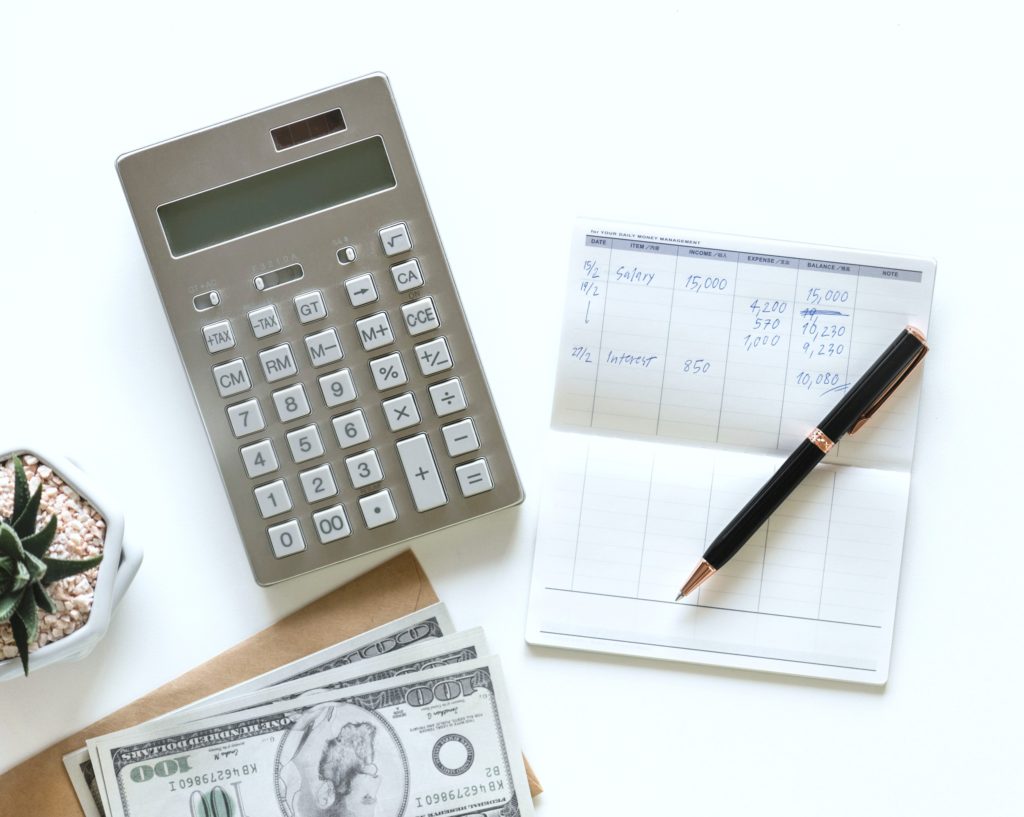Why Cash Advances Should Be Avoided

Why Cash Advances Should Be Avoided
Unanticipated expenses always arise when you least expect them. This is why they’re called unanticipated. You might be tempted to use your credit card to grab some fast cash. Doing so could easily make a bad situation worse. I know that raising families can be tough but, if you can help it, cash advances should be avoided.
What Is a Cash Advance?
As the term would indicate, a cash advance is basically a short-term loan provided by your credit card issuer. The amount can be whatever you need up to the credit limit established for the card against which you request the advance. This can take the form of a withdrawal from an ATM as aforementioned. However, advances can also be checks supplied by your credit card issuer, overdraft protection, or a withdrawal against your card from a bank.
As benign as these might sound, here’s why cash advances should be avoided.
They’re Expensive
There’s a huge difference between putting your debit card into an ATM and getting cash and doing the same with a credit card. Right off the bat, card issuers routinely charge additional fees for cash advances.
You’ll owe more than you borrowed even before the interest is calculated on the loan. Speaking of which, the APR on cash advances is always higher than on purchases as well.
Bottom line, you’ll pay at least twice for a cash advance.
No Grace Period
The moment you take the money, you’ll owe interest on the loan. You typically have a grace period of twenty days or more. During this time you can pay off a charged purchase and owe no interest. However, interest charges are applied to cash advances immediately.
But wait, it gets even worse.
Credit cards issuers calculate the interest due based upon your daily closing balance. This means you can accrue a significant amount of interest on an advance even before you receive the statement upon which it is reflected.
Potentially Detrimental to Your Credit Score
Algorithms rule everything these days. If a card issuer’s computer system notices you taking a cash advance every month around the same time, or if the amount of an advance matches your minimum payment on another card, you could wind up with a ding on your credit report.
Those actions can be construed as signals you’re having money problems. This, in turn, can be interpreted to represent a diminished capacity to service your debts and justification for lowering your credit score.
Lowering your credit score can then trigger a rate increase on your other cards.
They Can Initiate Downward Spirals
Let’s say you need an advance of $700 to cover a problem one month. If you pay that $700 off in full the following month, that’s likely to create a shortfall in another part of your budget. Covering that one can leave you short somewhere else. This will have a domino effect. It can lead to an infinite loop of debt.
If you find you’re in a situation in which you need a cash advance to make your minimum payment, working with a company like Freedom Debt Relief might be a better solution. They can often help you gain concessions from your lenders to make your debt more easily manageable.
Long story short though, a cash advance is one of the worst moves you can make to try to solve a financial issue. They can hurt your credit score and catalyze an infinite loop of debt. Credit card cash advances are also one of the most expensive ways to borrow and there’s no grace period within which you can repay them without incurring interest charges.
I know that sometimes it is unavoidable but, cash advances should absolutely be avoided if you can.
Do you know about cash advances?
Let me know, til then–cheers m’deres!


Nancy Polanco is a freelance journalist, lifestyle content creator, and editor of Whispered Inspirations. She is a proud Mom to Gabby and Michaela and partner and best friend to Darasak. Having worked as part of a health care team for almost a decade, Nancy is happy to be back to her passion. She is a contributor to the Huffington Post, TODAY’s Parents, and an Oprah Magazine Brand Ambassador.




